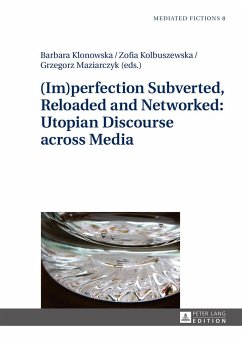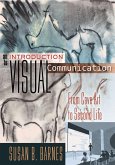This study explores various intersections between the traditional utopian discourse and such media as music, comic books, TV series, feature films, documentaries, fan fiction, computer games and web projects, bringing to focus the transformative role of the media used for the presentation and implementation of utopian projects. It shows both the variety of forms of expression of utopian impulses and the relocation and reinterpretation of utopia in the contemporary culture of convergence.
(Im)perfection Subverted is a well-conceived, thought-provoking and original volume that will be of interest to scholars and students working in media studies, literary and cultural studies, baroque studies and cultural history. The collection builds on several traditions of critical thinking on the subject of utopianism and dystopia, on the one hand, and recent media theory on the other. This dual focus is one of the major strengths of the volume and a key organizing principle, from the competent editor's introduction to the final piece on «playable dystopias» in interactive game media. Readers will be equally impressed by the sustained quality of the essays and the expansive scope of the collection, encompassing a wide array of media products from cultural contexts as different as post-World War II U.S. and Poland and today's globalized «culture of convergence». (David Castillo, SUNY Buffalo)









